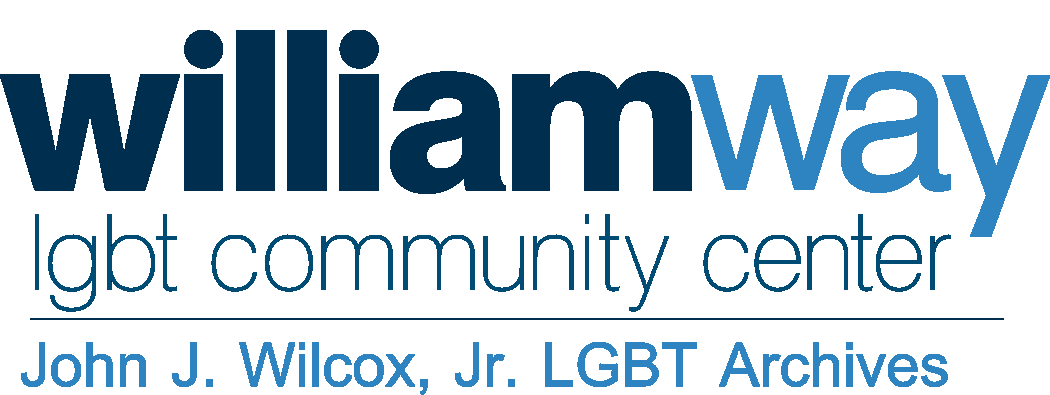LGBT pulp fiction collection, 1928-1989
Scope and Contents
The LGBT pulp fiction collection is comprised of over 550 paperback books containing homoerotic stories published from the 1920s to the late 1980s in the United States. The materials are primarily gay men's pulp fiction but lesbian pulp fiction is also included as well as pseudo-scientific case studies analyzing sexual behavior. Writers such as Richard Amory, Ann Aldrich and Truman Capote are represented and the books feature both beautiful and salacious cover art.
Dates
- 1928-1989
Conditions Governing Access
This collection is open for research use.
Conditions Governing Use
Copyright restrictions may exist. It is the responsibility of the requester to seek permission from the holder of the copyright to reproduce material from the John J. Wilcox, Jr. LGBT Archives of the William Way LGBT Community Center.
Biographical / Historical
Although pulp fiction is not a precise term, it generally refers to the sensationalist genre literature produced in paperback during the twentieth century. "Pulp" referred to the cheap paper stock on which these stories were printed. While the pages were of low quality, the covers typically displayed eye-catching and provocative illustrations. Mainstream publishers packaged these cheap paperback books to be sold on racks in train stations, drugstores, stationary shops and newsstands. Pulp fiction disturbed and fascinated mass audiences because, as author Mary Elliott states, "it offered glimpses of taboo eroticism, questioned comfortable assumptions about social good and evil, sold itself through beautiful cover art, and provided moments that challenged the premises of established gender and value systems."
The first wave of gay pulp fiction materialized in the 1940s and was primarily composed of reprints of earlier mainstream, respected literary fiction with gay themes. These books—such as Blair Niles' Strange Brother and Gore Vidal's The City and the Pillar—portrayed characters examining what it means to be a man who is sexually and emotionally attracted to other men. Though lesbian-themed pulp fiction was also being produced at this time, they consisted of original stories written by men for a heterosexual male audience whereas the gay pulp fiction books were written by gay men for a wide readership.
Relaxation of censorship laws in the 1960s led to a second wave of gay and lesbian pulp fiction where it was possible to publish work with more explicit sexual content and present unapologetic queer characters. These new pulps contained original, nonliterary stories and were distributed with an intent to sell sexualized material. For both gays and lesbians these new writings, which reached far more people than the earlier literary fiction, "were both a visceral and visible marker of personal as well as group identity" according to author Michael Bronski. Additionally, in the back pages of the books, there were advertisements for homophile organizations and spaces for personal ads. As significant as they are salacious, these pulps capture a transitional period in LGBT history.
(Sources: Bronski, M. (2004). Pulp fiction: Gay (467-470) and Elliott, M. (2004). Pulp fiction: Lesbian (471-475); In M. Stein (Ed), Encyclopedia of lesbian, gay, bisexual, and transgender history in America. New York, NY: Charles Scribners & Sons.)
Extent
10.4 Linear feet (26 boxes)
Language of Materials
English
Arrangement
Books are arranged alphabetically by author's last name.
Immediate Source of Acquisition
Transferred from the John J. Wilcox, Jr. Library; individual donations and purchase.
- Title
- LGBT pulp fiction collection, 1928-1989
- Status
- Completed
- Author
- Sandra Glascock based on cataloging by Joan Lubin (2016)
- Date
- October 24 2017
- Description rules
- Describing Archives: A Content Standard
- Language of description
- Undetermined
- Script of description
- Code for undetermined script
- Language of description note
- English
Repository Details
Part of the John J. Wilcox, Jr. LGBT Archives, William Way LGBT Community Center Repository
